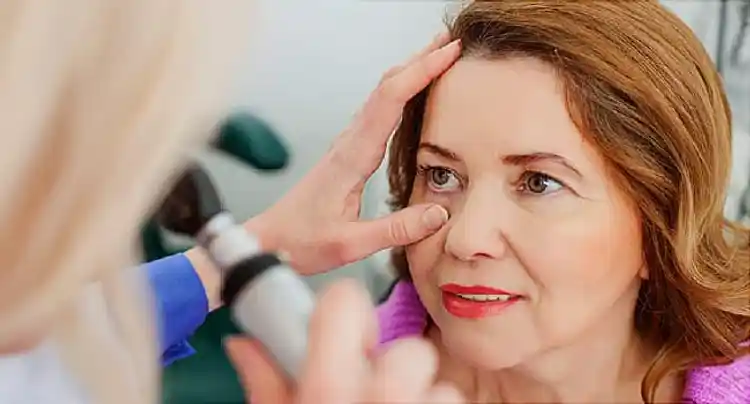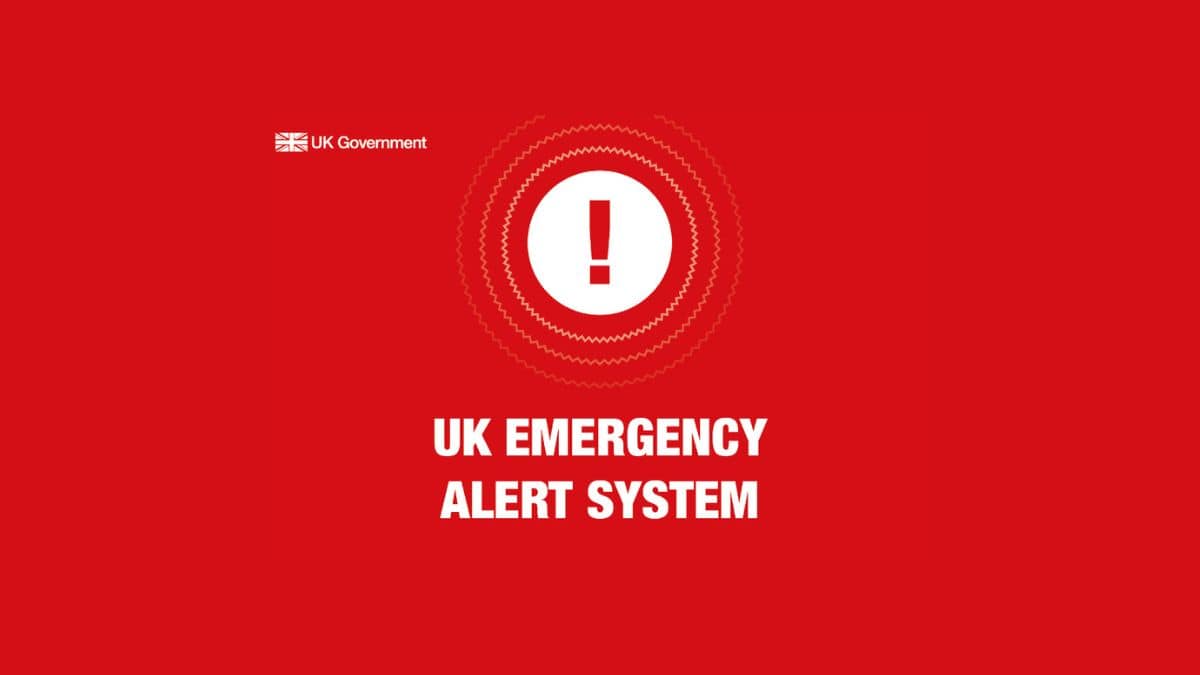
June 14, 2023 – Doctors often note that patients with dry eye disease (DED) report low moods. Now, new research shows that the connection between dry eye disease and depression may actually be quite common.
It’s estimated that 5% to 50% of people globally have DED; more than 16 million Americans have been diagnosed with the condition. Dry eye disease happens when you don’t have enough tears covering your cornea, or your tears evaporate too fast, according to the Cleveland Clinic.
A relationship between depression and dry eye disease has been previously established, but the specifics of patients’ symptoms is now becoming more clear. A new study from Saudi Arabian researchers found that out of 401 people surveyed, 36.7% had DED, and 23.7% were diagnosed with depression, stress, or anxiety.

A recent study also found that patients who have been diagnosed with depression have more severe symptoms of dry eye, which can in turn upset them emotionally.
“Depression isn’t simply ‘in the mind’ – it’s a multi-system condition that can affect many systems in the body, and disrupts their normal functioning,” said Howard L. Forman, MD, a psychiatrist with Montefiore Health System and an associate professor of psychiatry and behavioral sciences at Albert Einstein College of Medicine in New York City.
Twenty-nine percent of U.S. adults surveyed this year said they’ve been diagnosed with depression at one point in their lives.
“Dry eye disease can hinder the daily enjoyment of life, which can worsen the symptoms of depression,” said Deepinder K. Dhaliwal, MD, a licensed acupuncturist and a professor of ophthalmology at the University of Pittsburgh School of Medicine. “Whether dry eye disease causes depression or depression causes dry eye disease is a chicken-or-the-egg, but the two conditions are definitely related.”
Patients with these conditions can work with their doctors to make the changes they need to improve depression and DED symptoms.
What Are the Symptoms of Depression?
Symptoms of depression can range from mild to severe, and they may indicate the condition if they last 2 weeks or longer, according to the American Psychiatric Association. Signs include:
- Sadness
- Losing interest or joy in things you like to do
- Eating too much or too little
- Feelings of guilt or worthlessness
- Other people noticing you appear either restless or lethargic
- Thinking or decision-making difficulties
- A lack of mental focus
- Thinking about suicide or death
- Sleep disturbances.
“Depression can be worsened by lack of sleep, as can dry eye,” said Dhaliwal, who’s also director of refractive surgery and director of the Cornea Service at UPMC Vision Institute, and founder and director of Center for Integrative Eye Care at the University of Pittsburgh. A Chinese study found that during the stressful days of the COVID-19 pandemic, lack of sleep increased DED symptoms in the people being studied, which in turn made them feel more depressed and anxious.
What Are The Symptoms of Dry Eye?
According to the National Eye Institute, dry eye may cause:
- A gritty or scratchy feeling in your eye
- A sensation of something lodged in your eye
- Burning or stinging
- Red eyes
- Blurred vision
- Light sensitivity
What Is the Physical Link Between Depression and Dry Eye Disease?
The exact mechanism has not been fully established. But inflammation in the body may be one key cause.
“Inflammation on the ocular surface can indicate a higher risk of depression,” Dhaliwal said.
Researchers think that SSRIs – antidepressants that increase serotonin in your system and reduce depression symptoms – may also increase inflammation, which, in turn, can worsen DED symptoms.
“Some antidepressant medications work by blocking signals between nerve cells, which can reduce the eye’s natural response to proper tear film production,” said Jennifer, Tsai, OD, a board-certified optometrist and founder of LINE OF SIGHT, an eye care practice in New York City. “As a result, this reduces the amount of tears produced, and leads to dry eye.”
Lifestyle may be another important factor.
“Depression and dry eye can often be linked due to external changes,” Tsai said. “Depression can change your habits, resulting in increased screen time and poor eating habits, for example. These changes can lead to increased tear evaporation and, inevitably, dry eye.”
Research has also found that depression can cause changes in the way a patient processes pain, leading to more severe DED symptoms. This can create chronic physical discomfort, which also impacts your emotional state.
“Experiencing difficulty keeping your eyes open, or experiencing blurry vision, can hold you back from activities that bring you joy,” said Forman. “This can lead to more social isolation, and less fulfilling days.”
What Can You Do to Improve Symptoms When Depression and Dry Eye Disease Happen at the Same Time?
Take note of the circumstances that seem to make you feel worse. Talking with a therapist about emotional frustration you feel can be very helpful. Also, “if you develop dry eyes shortly after starting a medication, absolutely let your doctor know about it,” said Forman.
You won’t need to discontinue medication you need, however.
“We never stop antidepressants, because depression is a debilitating disease,” said Dhaliwal. Instead, a new type of medication may be warranted. And your doctor can help you focus on improving ocular symptoms.
“Non-pharmaceutical treatments for dry eye – such as warm compresses and lid hygiene – can help a lot,” Dhaliwal said. “Omega-3 fatty acid taken by mouth can not only help with dry eye, but with mood, too.”
Blinking exercises can help lubricate the surface of your eyes. You can also reduce stress through acupuncture, staying physically active, and eating a healthy, balanced diet.
As Dhaliwal sums it up: “All of these steps can help you feel better, and take better control of your life.”






